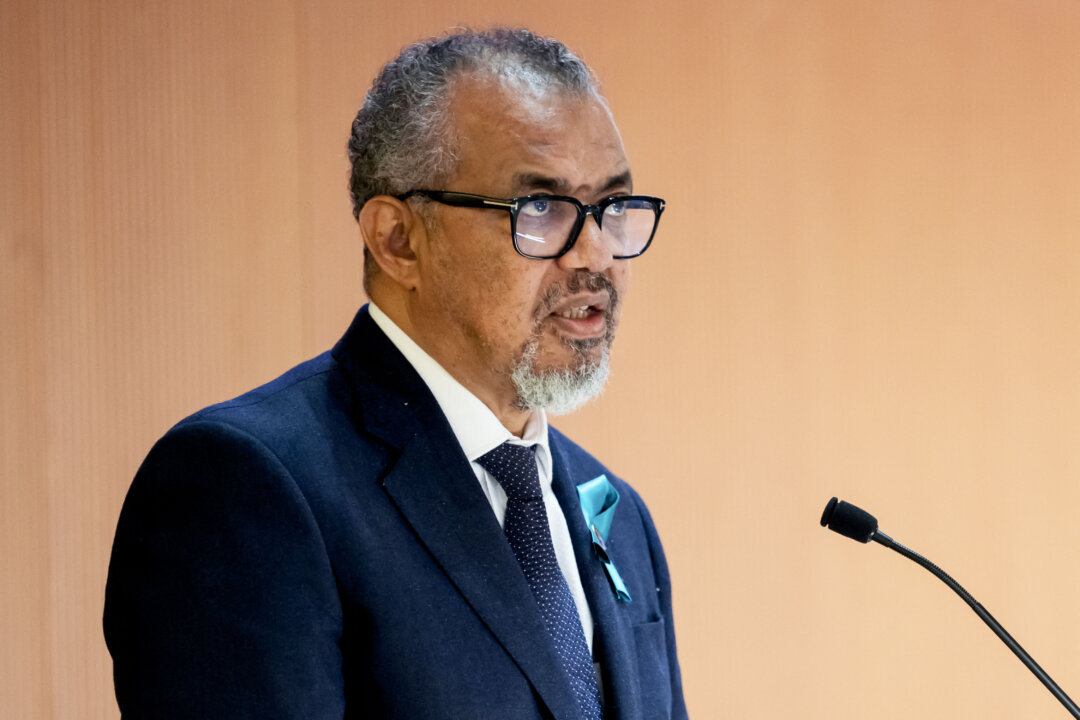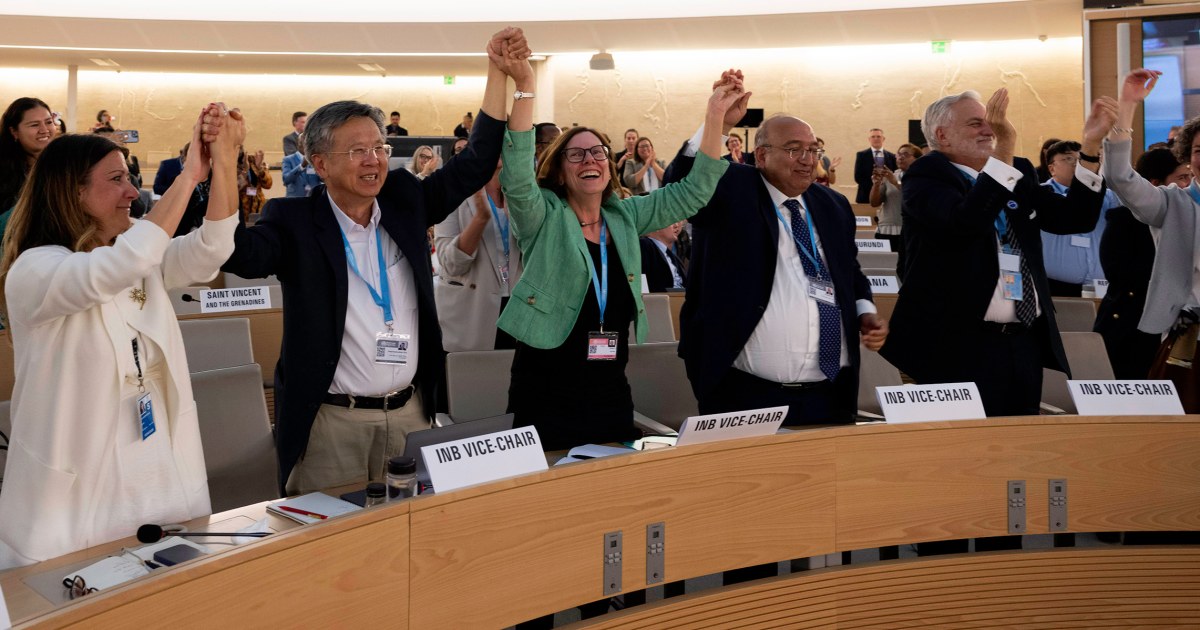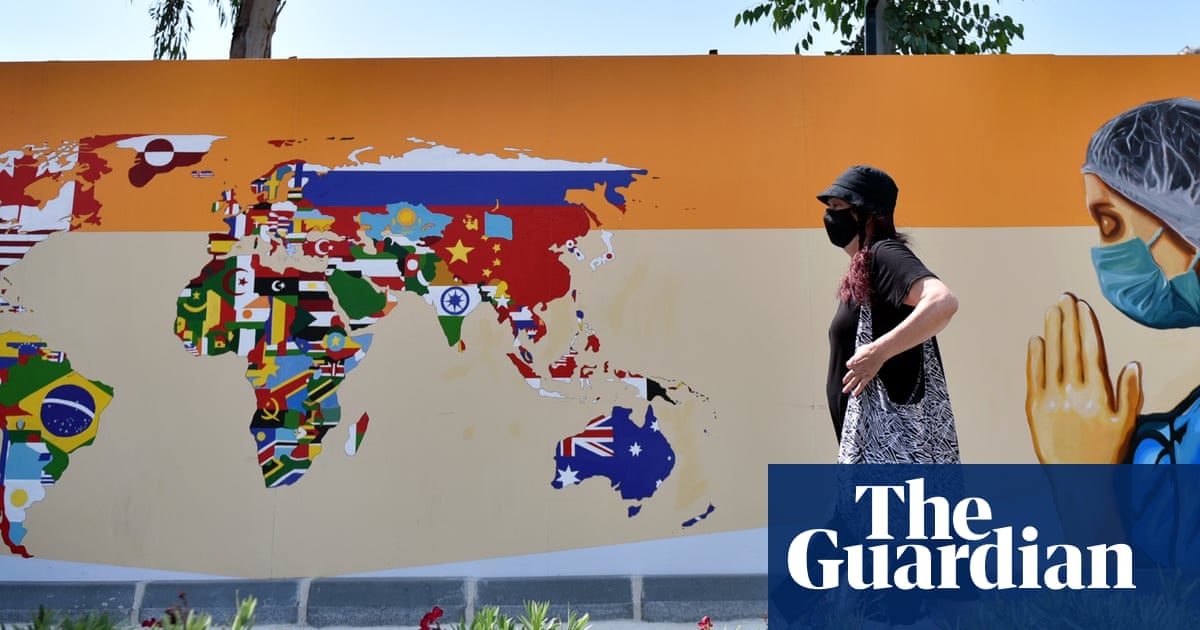New Developments at World Health Assembly: U.S. Calls for WHO Withdrawal Amid Global Treaty Adoption
At the World Health Assembly, U.S. Health Secretary Kennedy urged a break from WHO, coinciding with the adoption of a global pandemic treaty by 124 countries.
Subscribe to unlock this story
We really don't like cutting you off, but you've reached your monthly limit. At just $5/month, subscriptions are how we keep this project going. Start your free 7-day trial today!
Get StartedHave an account? Sign in
Overview
During the 78th World Health Assembly, U.S. Health Secretary Robert F. Kennedy Jr. called for a global withdrawal from the WHO, criticizing it for political interference and bureaucratic issues. His remarks came as the WHO adopted a historic pandemic preparedness treaty backed by 124 countries, aimed at improving equitable vaccine access. Kennedy urged a shift in U.S. health priorities towards chronic diseases and lifestyle changes, denouncing the agency for its perceived influence from pharmaceutical interests. Meanwhile, the U.S. remains detached from WHO, as concerns about the treaty's effectiveness linger without American participation.
Report issue

Read both sides in 5 minutes each day
Analysis
Analysis unavailable for this viewpoint.
Articles (9)
Center (1)
FAQ
The Pandemic Agreement includes provisions to ensure more equitable access to life-saving pandemic-related health products and does not allow the WHO to dictate national laws or impose specific actions like travel bans or vaccine mandates.
The U.S. withdrew from the WHO due to concerns over the organization's handling of the COVID-19 pandemic and perceived political influences. The U.S. seeks to collaborate on global health outside the WHO framework.
Under Secretary Kennedy's leadership, the U.S. health priorities are shifting towards battling chronic diseases, eliminating artificial food dyes, reducing ultra-processed foods consumption, and investigating chronic illnesses like autism.
History
- 5M

 5 articles
5 articles



